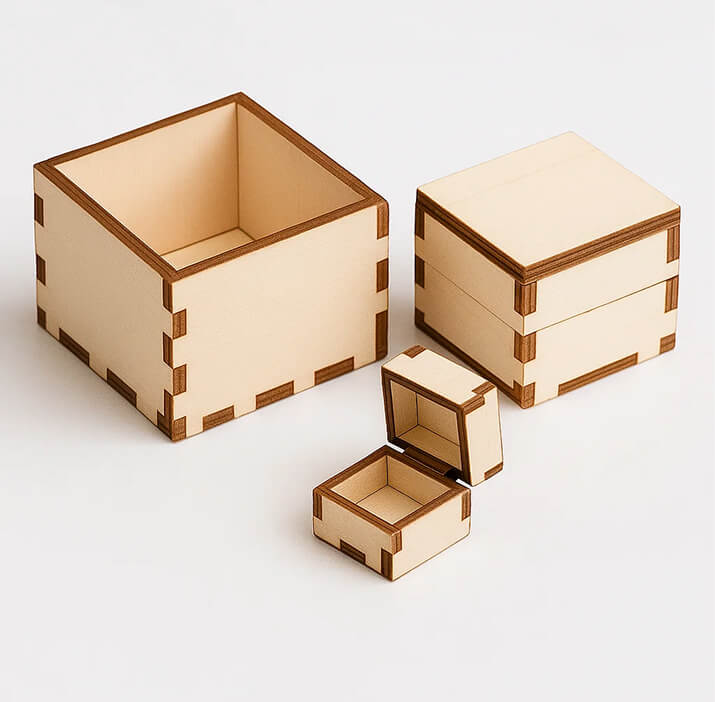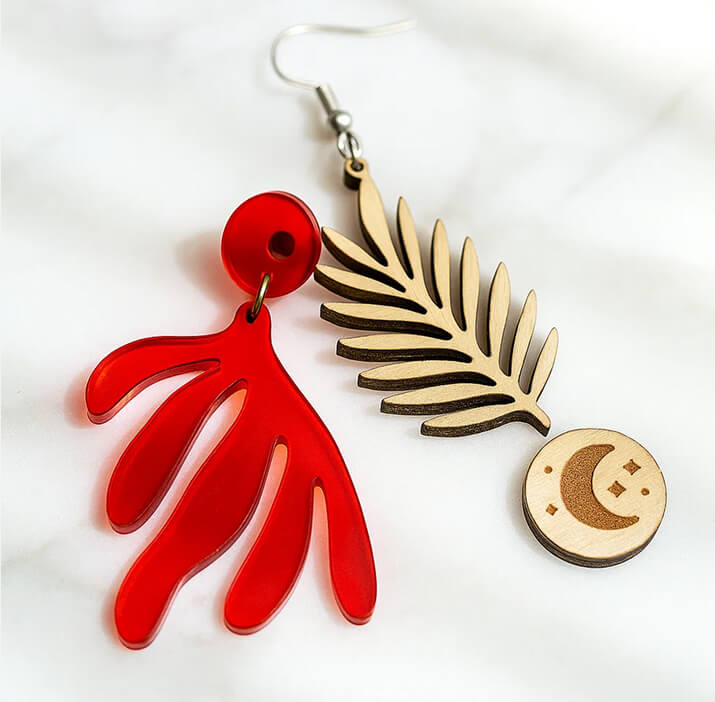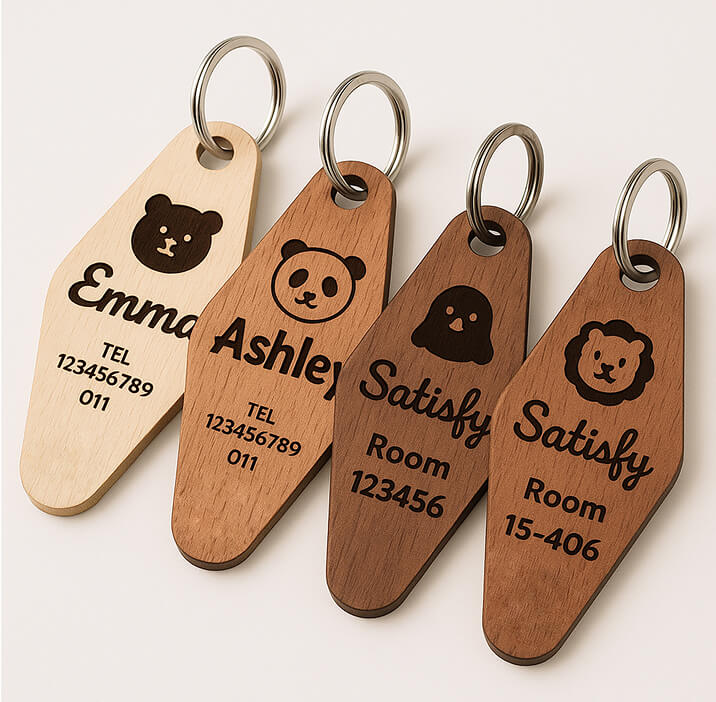Easy Personalized Acrylic Nightlight
Information
I created a personalized Pi nightlight for my daughter who loves math. I made it from a blank piece of 4mm thick circular clear acrylic and a LED base.
In order to etch acrylic, you will need to use some type of substrate that will absorb the light energy and transfer the heat into the acrylic. The key is to control this so you get the desired effect without burning the acrylic. I have used black craft paint and card stock in the past. Both work but require a lot clean up and usually result in scratches on the acrylic.
I have seen folks use anodized aluminum business cards to engrave acrylic but this limits the size of the engraving area. I have started using 10" anodized aluminum flashing for my substrate. I have been very impressed with the results and cleanup is so easy.
Instruction
Step1: Process the Job
I’ve had the most consistent results on clear acrylic using the “Score” process type. I will usually score at 10% and speeds of 80-120 mm/s. I will run it a second time if it is not quite as defined as I like. Once the process is finished, look closely at your acrylic before touching it. If it doesn’t have the detail you are looking for, an additional pass may help. I have found that shining a flashlight from the edge will give you a good idea of the final outcome.
Step2: Clean the Acrylic
Carefully remove the acrylic from the laser engraver. You will likely need to clean some residue off from the engraving process. I like to clean by running warm water over the surface and pat dry with a soft cloth. Avoid rubbing it with anything like a paper towel as this will scratch it. I have had good luck with moist lens cleaning towelettes. Once clean you can insert the acrylic in the LED base.





